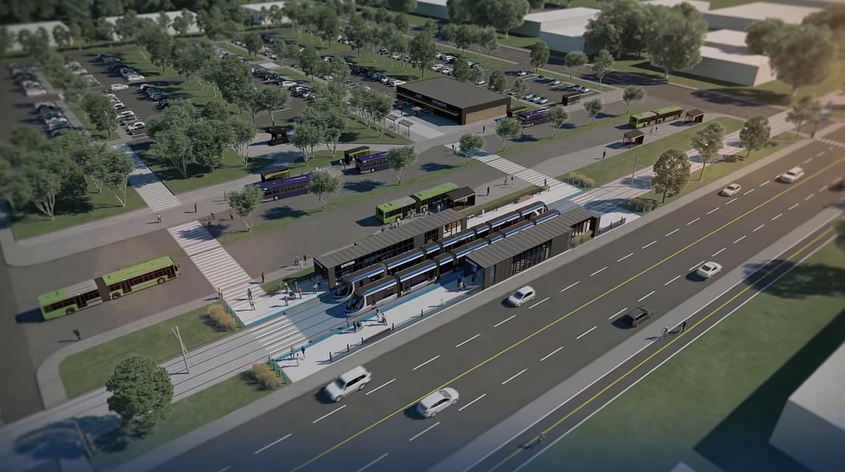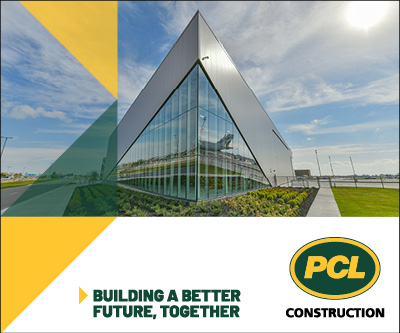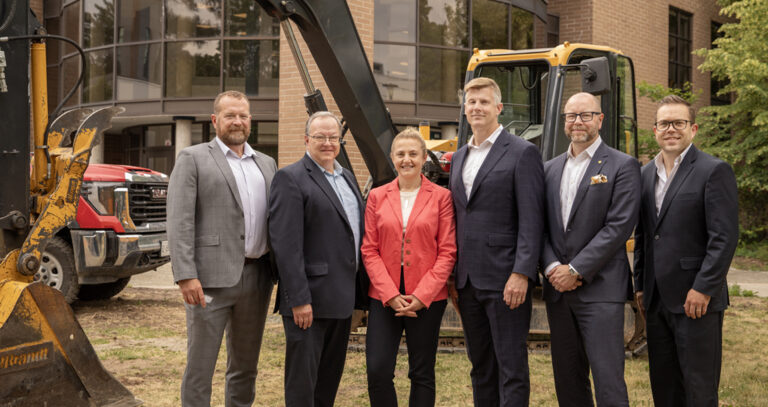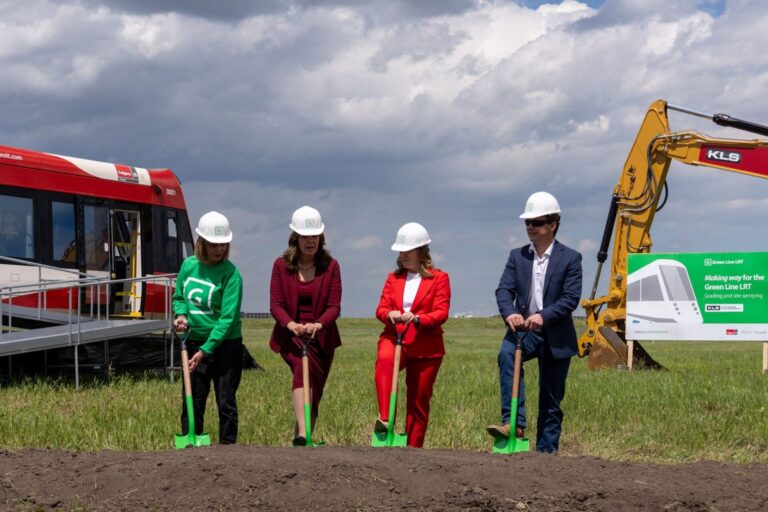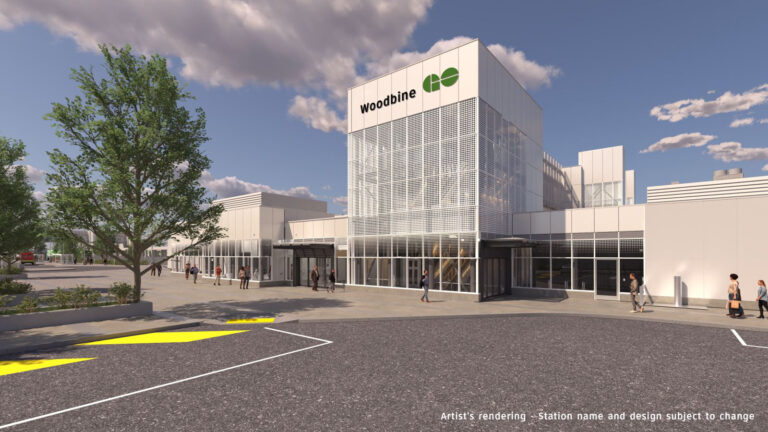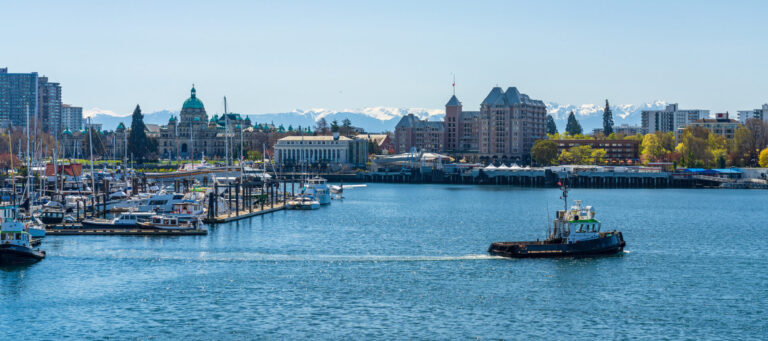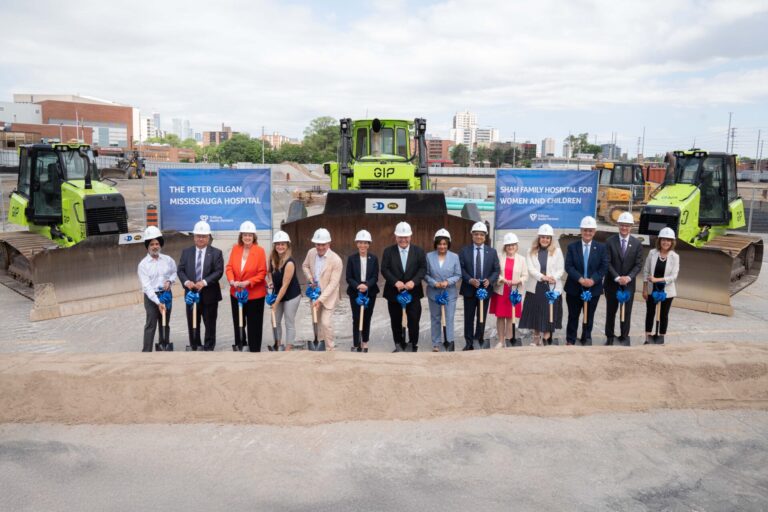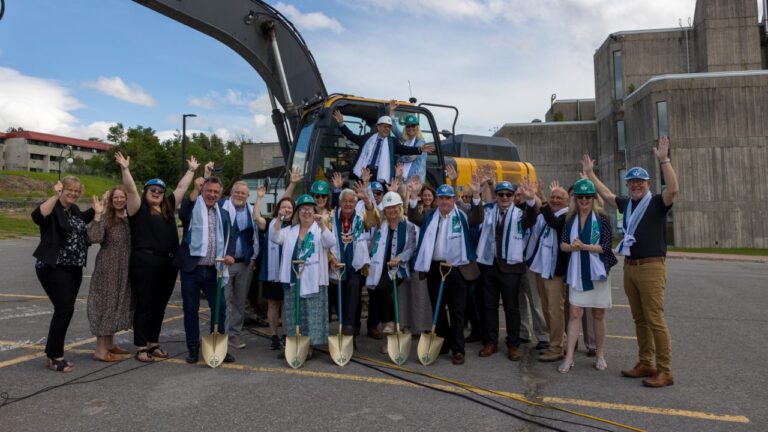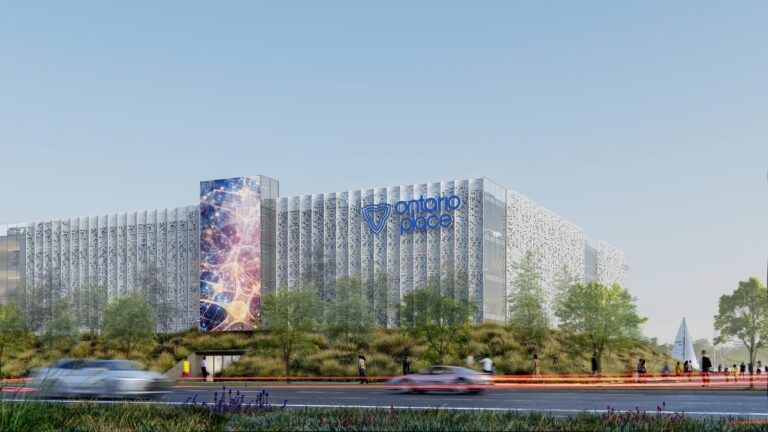Québec City has presented the components of the transit structuring network project, which will re-invent the city’s transit network and provide better service for crowded commuter lines. The project is estimated to cost close to $3 billion.
“It is largely thanks to the support of the Government of Quebec that we can achieve one of the largest collective projects in history designed for Quebec City. The active participation and dedication of the members of the advisory committee on sustainable mobility, coupled with the commitment of the citizens, allow us to present a project that propels Quebec towards modernity,” said Régis Labeaume, mayor of Quebec City. “Quebec City is a dynamic city, resolutely turned towards the future, which had to have a public transport network worthy of its attractiveness. I sincerely believe that this project will enable us to respond to the major mobility challenges that lie ahead in the decades to come.”
“The RTC (Réseau de Transport de la Capitale) is thrilled to be at the heart of this project, which is tailor-made for Quebec City and will transform the lives of citizens for decades to come. Today we are giving ourselves the means to provide the public with world-class public transportation: modern, reliable, of incomparable comfort and better than anything the city has seen so far,” said Rémy Normand, president of RTC. “Thanks to this structuring network, around which our bus network will be entirely redeployed, the citizens of Quebec will have for the first time a real alternative to make their mobility choices in complete freedom. All will benefit, and first and foremost our customers. ”
Why such a structuring network project?
The existing public transit system is at maximum capacity in several locations. It will be difficult to cope with the increase in planned travel in the coming years without bringing in new modes of travel. The structuring network will bring this increased ability to carry more people in the same period of time.
In addition, such a structuring network will provide a real freedom of choice of movement (frequency, speed, etc.) to the population of Quebec, according to the variety of its needs, in space and time.
The network and its components
The network was designed to connect the places that generate the most trips and offer maximum mobility for citizens.
The new transit structuring network will have four components:
- Tramway (23 km, including 3.5 km underground)
- Trambus (17 km)
- Public transportation infrastructure (16 km)
- Metrobus (110 km)
Highlights of the new network
- 65 per cent of the population, or 344,000 people will be within 800 meters (10 minutes walk) of a network component;
- 80 per cent of neighborhoods, or 28 out of 35 neighborhoods, will be served by at least one network component; and
- 85 per cent of companies will be served by the structuring network.
Project Costs
The project as a whole – the vehicles and infrastructure needed for its operation – is valued at nearly $ 3 billion.
Related project work (development, street extensions and infrastructure upgrades along the route) will cost about $ 300 million. This development includes the reconstruction of Laurier and Hochelaga Boulevards and the extension of Mendel Street.
Next Steps
The next steps in the project will lead to commissioning in 2026:
2018-2019
- Signing of a financing agreement with the Government of Quebec (including a reference to federal funding)
- Finalization and filing of the business case
- Design studies of the future structuring network (infrastructure and rolling stock, environment, traffic, etc.)
2020-2021
- Realization of plans and specifications
- Authorization of the environmental aspects of the project
2022-2026
- Beginning of the construction of the tramway maintenance center and platforms
- Acquisition and delivery of rolling stock (tram and trambus)
- Conducting compliance tests
- Progressive commissioning of certain sections
- Finalization of works and full commissioning
For more information, visit www.ville.quebec.qc.ca/reseaustructurant.

